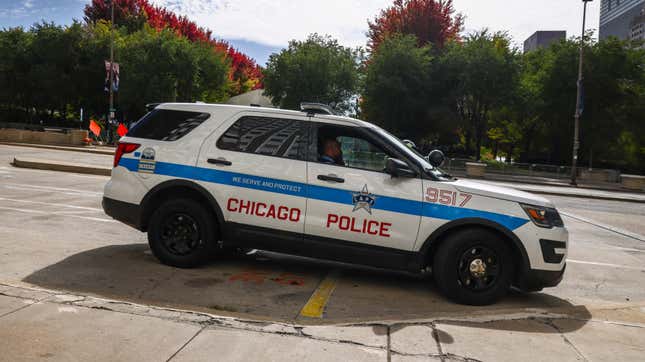
Recent analysis of the Chicago Police Department’s radio dispatch data uncovered that over one-third of traffic stops are not reported, a violation of Illinois state law. This amounts to undocumented 200,000 traffic stops made last year, hidden from regulators.
CPD is seemingly using traffic stops as a substitute for stop-and-frisk. The department reached a settlement with the ACLU to move away from stop-and-frisk in 2016 in the wake of teenager Laquan McDonald’s murder by a Chicago police officer. The ACLU found that stop-and-frisk disproportionally targeted Black Chicagoans and violated their Constitutional rights. CPD used traffic stops to continue aggressive police tactics since the department could no longer stop pedestrians. This culminated in five plainclothes officers shooting Dexter Reed 13 times, killing him just after he was pulled over for a seatbelt violation.
The increase in traffic stops in Black neighborhoods was only known due to the Illinois Traffic Stop Study. The 2003 law requires police to report every stop to the Illinois Department of Transportation along with details such as the driver’s race and the reason for the stop. Oversight boards then use this data to spot disparities, like how Black drivers are seven times more likely to be stopped by the CPD.
Bolts and Injustice Watch obtained records that conflicted with what CPD was reporting to regulators. The department uses radio dispatch data internally to record stops, not the paperwork sent to the state. Bolts reported:
Our analysis of the radio dispatch data found nearly 200,000 traffic stops last year that were not properly documented or reported to the state.
Traffic stops have, in fact, been falling since early 2023, but not by as much as the state data appears to show. According to the publicly reported data, Chicago police made about 74,000 fewer stops from January through April, a 35 percent drop from the same period last year. But the police dispatch data shows the true reduction in stops was less than 59,000.
The reasoning behind under-reporting traffic stops seems clear: An officer can’t be held accountable for something if no one outside of the department knows about it.
In April, Chicago’s Superintendent of Police asked the federal judge overseeing the department’s consent decree to add traffic stops under the court’s purview. How much will it matter if the police can simply fudge the data to make themselves look better?

